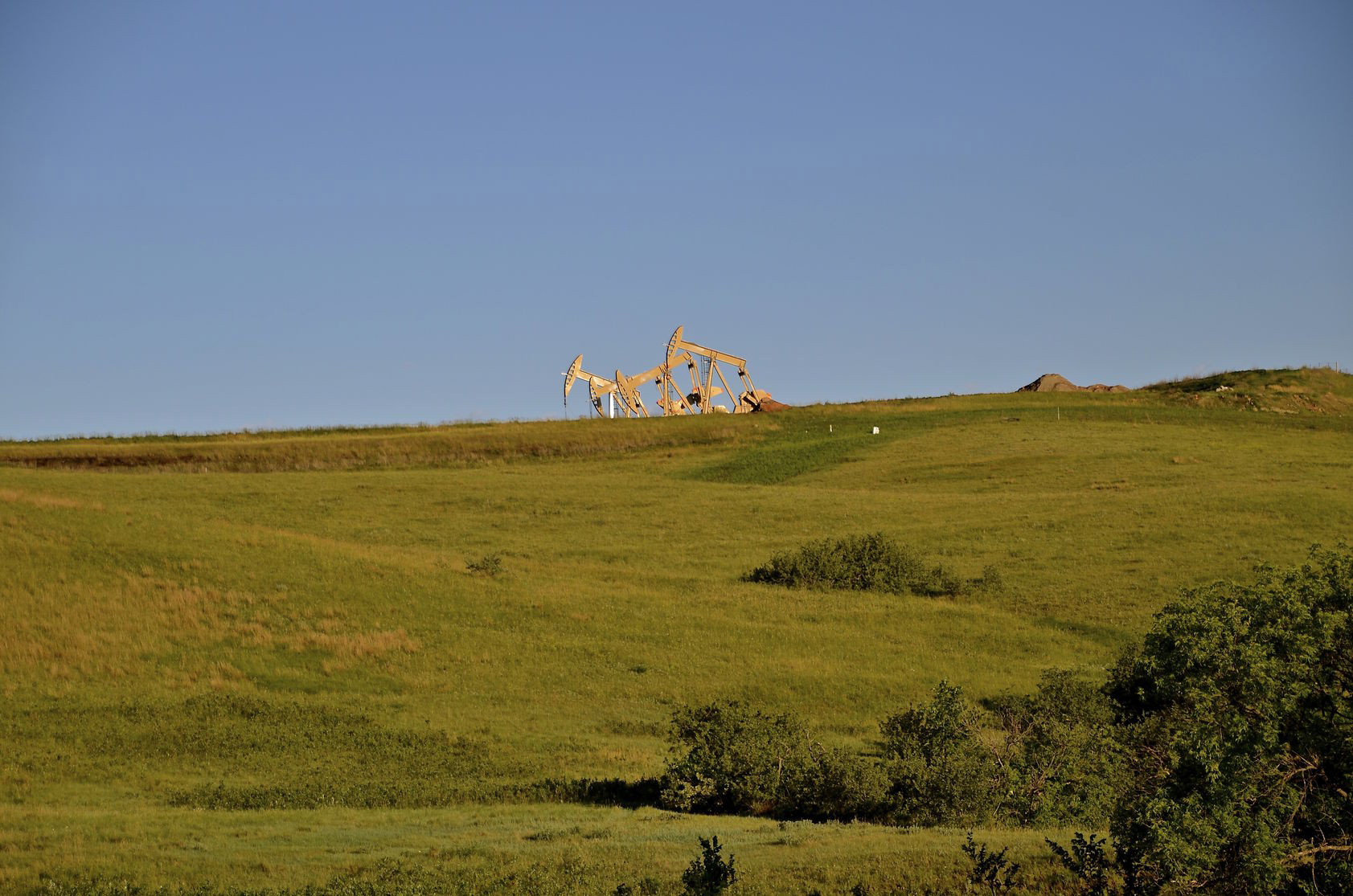Anyone who wants low-cost power and a more diversified U.S. energy portfolio should be shocked by recent events on privately owned land near the Standing Rock Sioux reservation in southern North Dakota. Over the past weekend, four security guards and two guard dogs were injured by protesters interfering with construction of one of the largest and most important U.S .energy projects, the Dakota Access Pipeline (DAPL).
DAPL is a monumental engineering feat with enormous economic potential. The 1,172-mile pipleline, running from the Bakken and Three Forks production areas in North Dakota to Patoka, Illinois, will supply cheap and easily accessible energy to hundreds of local communities along its route. Once completed, the pipeline will transport approximately 470,000 barrels of light sweet crude oil per day, with a daily capacity of up to 570,000 barrels.
At a cost of nearly $3.8 billion, the project will create between 8,000 to 12,000 good-paying jobs during the construction phase alone, according to industry estimates. Those figures don’t include the boosts to economic activity in support industries along the pipeline’s route through North Dakota, South Dakota, Iowa and Illinois, which will generate millions of dollars in new income and property tax revenues for state and local governments.
Although construction is well underway, DAPL currently is at a standstill. An eclectic group of protesters, appealing for “social justice” and voicing solidarity with the Standing Rock Sioux tribe, have gathered at various locations along the pipeline’s path to stop the project in its tracks. The protests mostly have been peaceful, but incidences of violence and intimidation were reported even before last Saturday, including the arrests of more than 20 people on charges of disorderly conduct and trespassing. Arson is suspected at three DAPL access points in Iowa, causing at least $1 million in damage to pipeline equipment. In North Dakota, a man chained himself to a backhoe in an attempt to delay construction work; local law enforcement officers were taunted for six hours while they removed the protester from the scene harmlessly.
The protest activity had become so widespread and disruptive by mid-August that Gov. Jack Dalrymple of North Dakota declared a state of emergency.
By its very nature, a project of DAPL’s size and scope underwent a two-year long, comprehensive regulatory review before the first shovel of dirt was turned. Thirty-two public meetings were held across the four impacted states. Representatives of the U.S Army Corps of Engineers held 389 meetings with Native American tribes to allow concerns about sacred tribal lands to be voiced. DAPL itself proposed seven meetings with the Standing Rock Sioux tribe; all of the invitations were rejected. After everyone involved had ample opportunity to state their concerns and submit written comments, the project was approved by utility regulators in all four states. Opponents claim falsely that they were not consulted.
Anti-pipeline rallies likewise have been held in Washington, D.C., where a federal judge is expected to rule September 9 on a lawsuit by the Standing Rock tribe seeking an injunction against the DAPL, arguing, contrary to fact, that the Corps of Engineers failed to confer with tribal leaders ahead of the project’s start.
Peaceable assembly and freedom of speech are constitutionally protected rights, but so are the private property rights that are so essential to liberty and a civil society. Trespassing demonstrators, who have tried to prevent pipeline workers from doing their jobs and at one point caused the closure of a state highway, have gone too far, especially since many of them did not bother to attend public meetings or file comments before DAPL’s construction began.
Julie Fedorchak, chairwoman of the North Dakota Public Service Commission, commented on the ongoing disturbances, saying that, “They have a right to disagree. They don’t have the right to threaten. They don’t have the right to obstruct.” Indeed!
What the activists apparently fail to grasp is that the alternative to transporting crude oil by pipeline is shipping it by railcar or over the road – much less safe or environmentally friendly transportation modes. The inconvenient truth is that fossil fuels now and for the foreseeable future are our most economical energy sources. “Keeping it in the ground” by protesting and destroying private property rather than taking advantage of existing regulatory processes may generate media attention, but it impoverishes public discourse.











